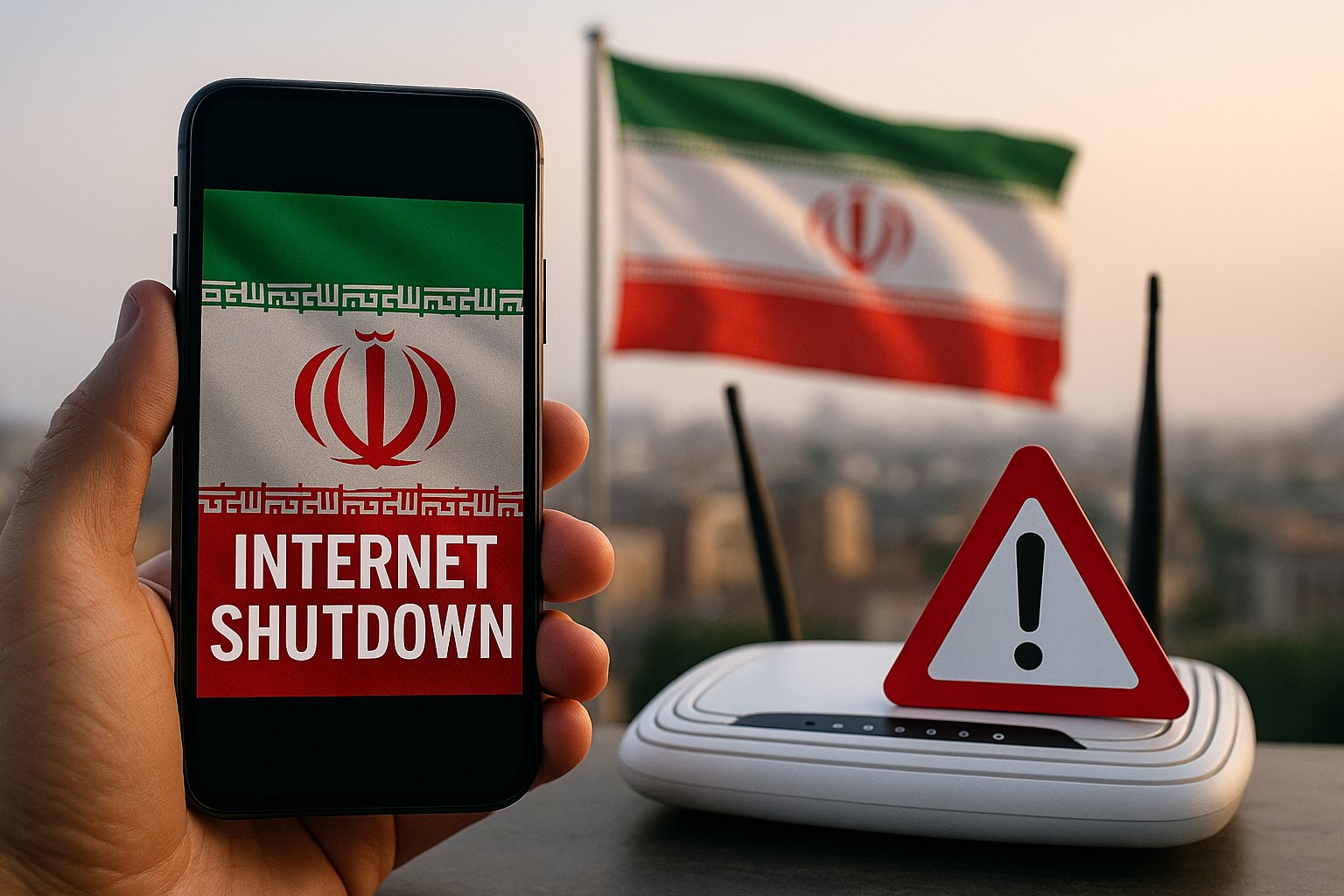The Iranian government has reportedly shut down internet access across the country, a drastic measure believed to be in response to escalating cyberattacks, allegedly linked to Israel. Internet watchdogs, including Cloudflare and NetBlocks, have confirmed a significant drop in internet traffic within Iran, particularly noted late on Wednesday, with levels remaining alarmingly low since.
According to a Telegram post from Khabaronline News Agency, a media outlet based in Tehran, Iran’s Ministry of Communications has instated temporary internet restrictions to ‘prevent enemy abuse.’ This statement hints at the government’s protective stance against perceived threats to national security.
Reports suggest that one of the triggering events may be a disruption encountered by Bank Sepah, which has been attributed to a group known as Predatory Sparrow. This group, identified as having pro-Israel affiliations and responsible for past attacks in Iran, has boasted about its capability to disable Iranian infrastructures, including petrol stations. They have since claimed responsibility for the recent internet outage affecting the banking institution.
Rob Joyce, a former acting Homeland Security Advisor, has weighed in on the issue, bringing attention to the correlation between the shutdown and simultaneous attacks on Iranian digital platforms, including cryptocurrency exchange Nobitex. Joyce reported on the far-reaching impacts of these cyber disruptions.
Moreover, in the lead-up to the internet blackout, Iranian authorities advised citizens to uninstall Meta’s WhatsApp due to alleged surveillance capabilities—a claim the tech giant has denied. This recommendation hints at an atmosphere of heightened paranoia and suspicion regarding digital communication within Iran.
The media coverage following these developments has intensified, particularly after an address by Major General Shlomi Binder, head of the Israeli Defense Force’s intelligence division, where he hinted at potential advancements in cyber operations. This comment has stirred speculation of an impending offensive, further escalating tensions.
Reports indicate that, even as of the most recent updates, access to websites within Iran has become nearly impossible, with most .IR domain sites being inaccessible. These developments signal a critical moment in Iran’s digital landscape and geopolitical relations as the effects of the cyber warfare unfold.

